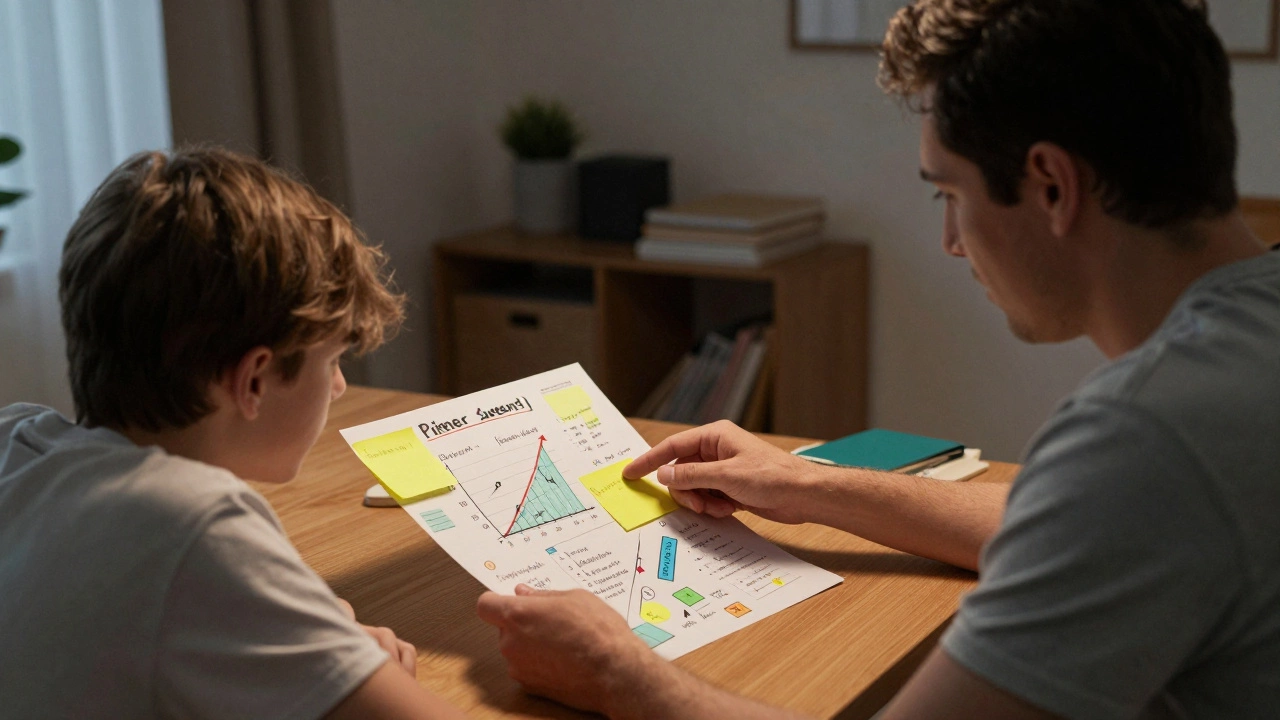Private Tutor: How to Choose One and Get Real Results
If you’re thinking about a private tutor, you probably have a few questions: Who’s the best fit? How much will it cost? And will it actually help? The good news is that finding a tutor isn’t a mystery. With a clear plan and a few smart steps, you can pick a tutor who matches the student’s needs and see progress fast.
How to Choose the Right Private Tutor
Start by writing down the exact goal. Is it to improve maths grades, boost confidence in reading, or prepare for a specific exam? When the goal is clear, you can narrow down candidates who specialize in that area. Look for tutors who have proven experience with the same age group and curriculum – in the UK that usually means they know GCSE, A‑Level or the national curriculum well.
Next, ask for references or read reviews. A tutor who can share success stories or has positive feedback from other parents is a safer bet. Don’t forget to discuss teaching style. Some tutors use lots of practice sheets, while others prefer interactive games or real‑world examples. Choose the style that matches how the student learns best.
Price matters, too. Rates can vary from £20 to £60 an hour depending on qualifications and location. Many tutors offer a discounted trial lesson – use that to see if the personality clicks. A short trial also shows whether the tutor can explain concepts in a way that makes sense to your child.
Making the Most of Private Tutoring Sessions
Once you’ve hired a tutor, set clear expectations. Agree on a schedule, the number of sessions per week, and what homework (if any) will be given. Consistency is key – regular, short sessions (45‑60 minutes) often work better than occasional long ones.
Encourage the student to prepare questions before each lesson. This keeps the session focused and shows the tutor where the gaps are. After each meeting, spend a few minutes reviewing what was covered. That extra review time helps lock the new information into memory.
Track progress with simple metrics: test scores, completed assignments, or even confidence levels. If improvement stalls, talk openly with the tutor about adjusting methods or revisiting earlier topics. A good tutor will welcome feedback and adapt quickly.
Finally, keep communication open with both the tutor and your child. Ask the tutor for a brief summary after each lesson and discuss it at home. When the student sees that everyone is on the same page, motivation stays high.
Private tutoring can be a game‑changer when you choose the right person and use the sessions wisely. Follow these steps, stay involved, and watch the results grow. Happy learning!

What to Expect from a Private Tutor: Realistic Outcomes and What Really Happens in Sessions
- by Eliza Fairweather
- on 26 Jan 2026
Private tutoring isn't about quick fixes - it's about rebuilding confidence, one concept at a time. Here's what actually happens in real tutoring sessions and what results you can realistically expect.

Can You Really Make a Living as a Private Tutor? Tips, Income Truths & Success Stories
- by Eliza Fairweather
- on 9 Jul 2025
Curious if private tutoring can pay the bills? Dive into real income data, actionable tips, and what it takes to build a solid tutoring career today.

Private Tutor: Can You Really Make Money?
- by Eliza Fairweather
- on 7 Jun 2025
Ever wondered if private tutoring can actually pay your bills or boost your monthly income? This article digs into how much tutors really make, ways to attract students, and what it takes to turn tutoring into a profitable hustle. Get tips to set rates, manage your own schedule, and avoid common newbie mistakes. Perfect for anyone thinking of tutoring as an extra gig or even a main job. Let’s break down the facts and useful strategies.
